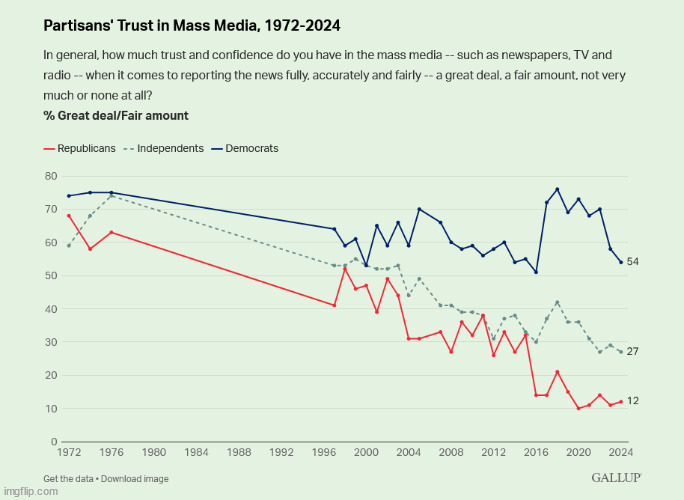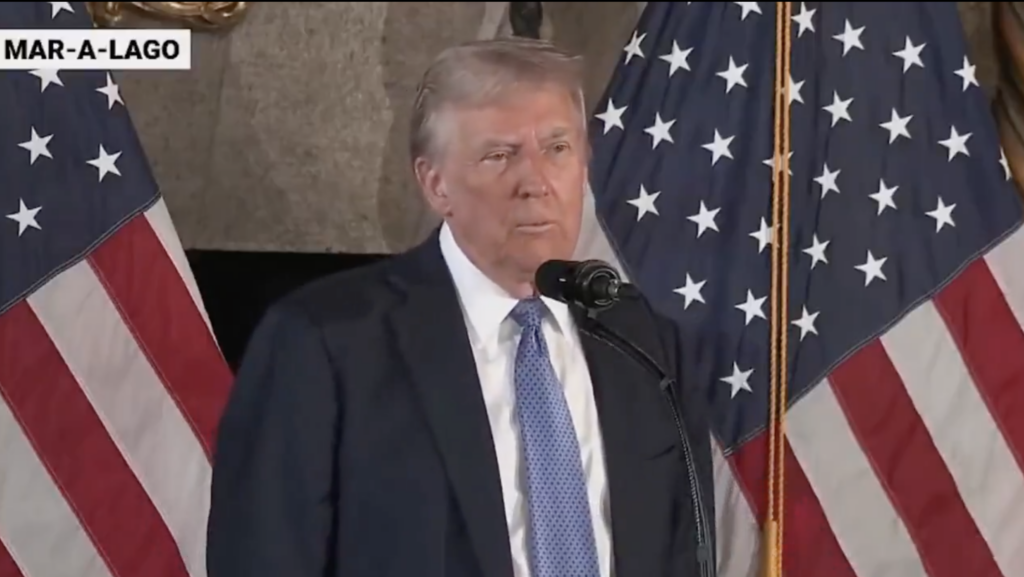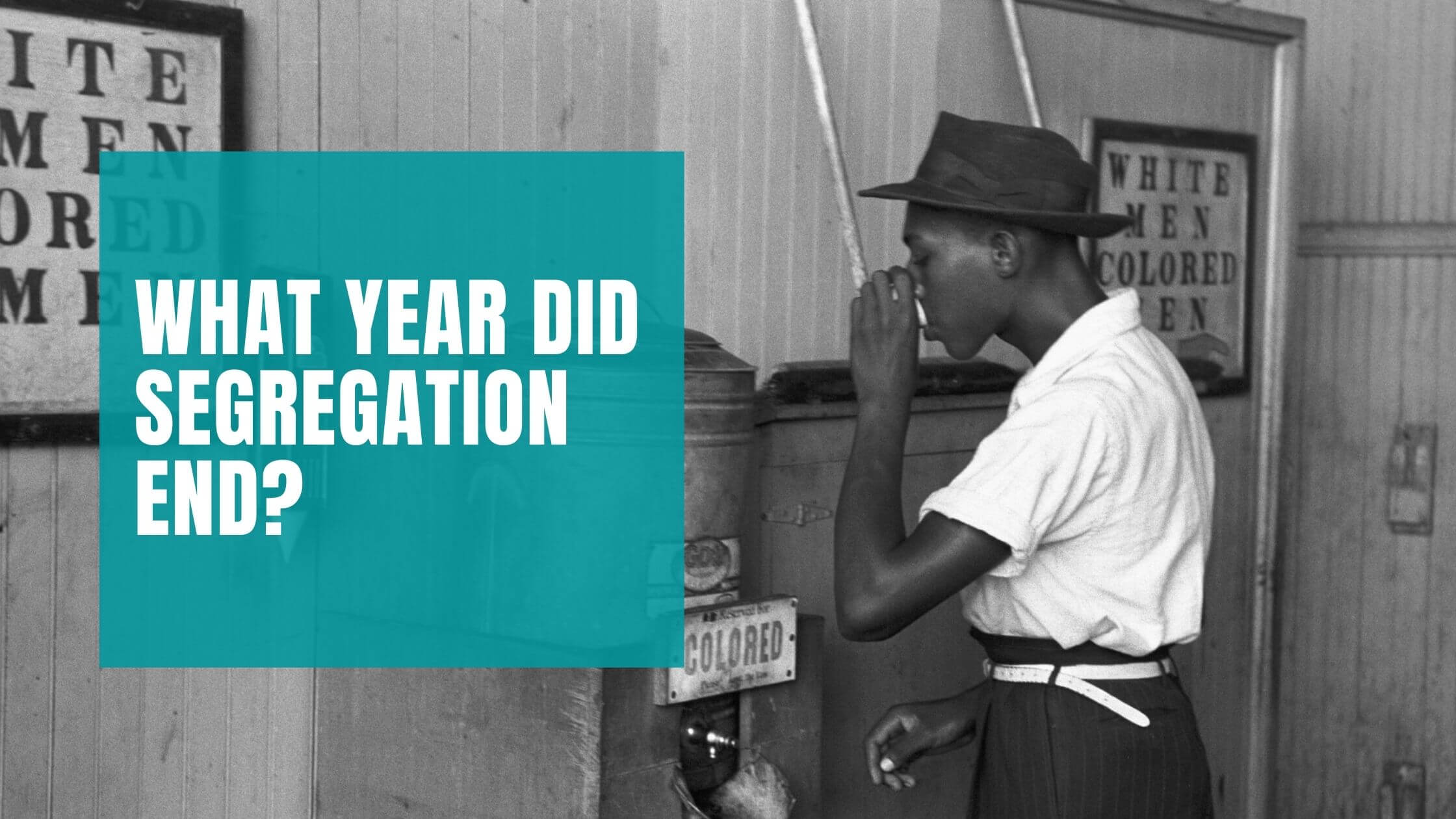I don't know what "economic justice" is, other than an excuse for socialism. There was very real injustice involved in the institution of slavery, however. If you can show that the descendants of slaves are still suffering from that injustice, awards for damages may be justified.Then what exactly are you saying because we seem to be in agreement that Black Americans are owed economic justice, correct?
But, again, you're after something different.
It's not authorized in the Constitution. You really don't get, or just don't want to acknowledge, how the Constitution works. It's what makes democracy possible. Without limits on majority rule, the minority has no incentive to play along, and they won't. For example, even if "we the people" took a vote and the majority decided to legalize slavery, the Constitution would block it - the will of the majority be damned.What if society decides to use government as the mechanism, what's wrong with that?
If society wants to use government to manage "economic justice", we need to renegotiate the Constitution, not just take a vote, or pretend that the current Constitution doesn't exist.







